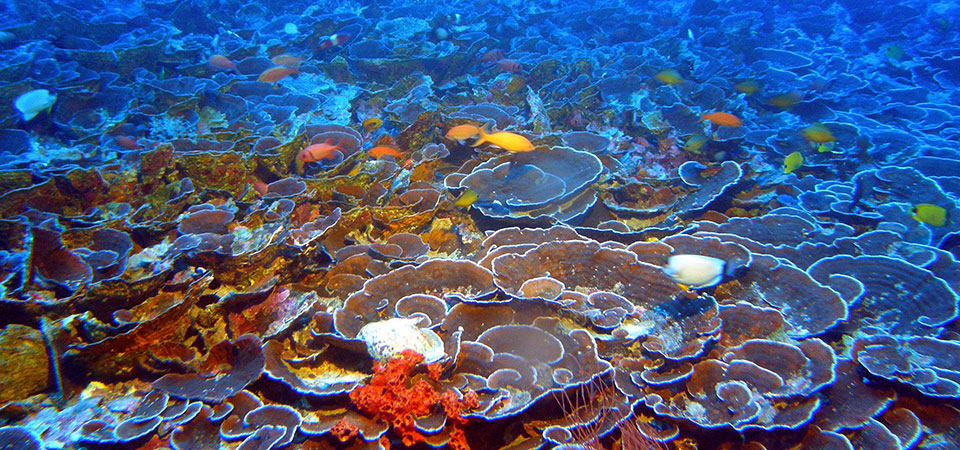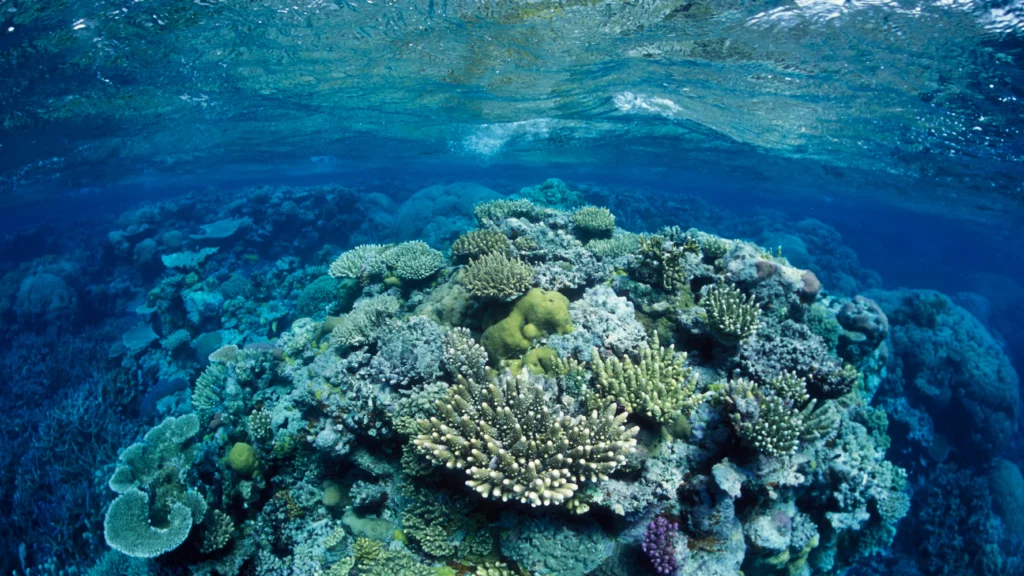It's easy to despair about hyper-politicized climate science. But cheer up. Marine scientists at James Cook University in Australia have published a series of high profile (as in worldwide media praise and lavish grant money) studies arguing that rising atmospheric CO2 levels will harm fish on the Great Barrier Reef as the extra CO2 partly dissolves into the ocean, acidifying the water and making the fish confused and unable to use scent cues to evade predators. One of their JCU colleagues, Peter Ridd, even got sacked for raising doubts about their research (then won a wrongful dismissal suit). But now an international team of scientists has published a comprehensive refutation of the JCU work, saying they were unable to replicate the original study results. It’s good news for fish and even better news for the health of science.
It’s good news that there were experts willing to step up and challenge high-profile alarmist conclusions. It’s even better that they were able to get funded, and published in the prestigious journal Nature. And apparently JCU, after its outrageous treatment of Peter Ridd and embarrassing smackdown in court, has finally decided to convene an investigation headed by a retired judge to look into past work by the coral reef group, especially a scientist who did her work under the supervision of the JCU scientists and was later caught fabricating data in Sweden. Although the university had already promised an investigation last year, it seems to have taken the publication of the new study to finally push them to get it underway. There’s even a Canadian angle: four of the seven scientists who did the replication work are from the True North.
The authors of that study did not pull their punches:
Here, we comprehensively and transparently show that – in contrast to previous studies – end-of-century ocean acidification levels have negligible effects on important behaviours of coral reef fishes, such as the avoidance of chemical cues from predators, fish activity levels and behavioural lateralization (left-right turning preference). Using data simulations, we additionally show that the large effect sizes and small within-group variances that have been reported in several previous studies are highly improbable. Together, our findings indicate that the reported effects of ocean acidification on the behaviour of coral reef fishes are not reproducible, suggesting that behavioural perturbations will not be a major consequence for coral reef fishes in high CO2 oceans.
The team didn't simply find a few problems with the JCU coral reef work, they found a 100% failure to replicate.
Now let's step back a bit and review the story. Scientists publish studies claiming CO2 emissions will have a negative effect on people or the natural world through a rather complicated and uncertain mechanism. They get fawned over in the media, lavish research funding flows their way and their findings get published in top journals. A lone critic raises questions about what they're up to and gets hassled and fired for it. Then a few years later, some brave scientists come along, pry the lid off and find the whole thing is bunkum. Haven't we heard this one before? Yes, although the last part is sadly rare.


